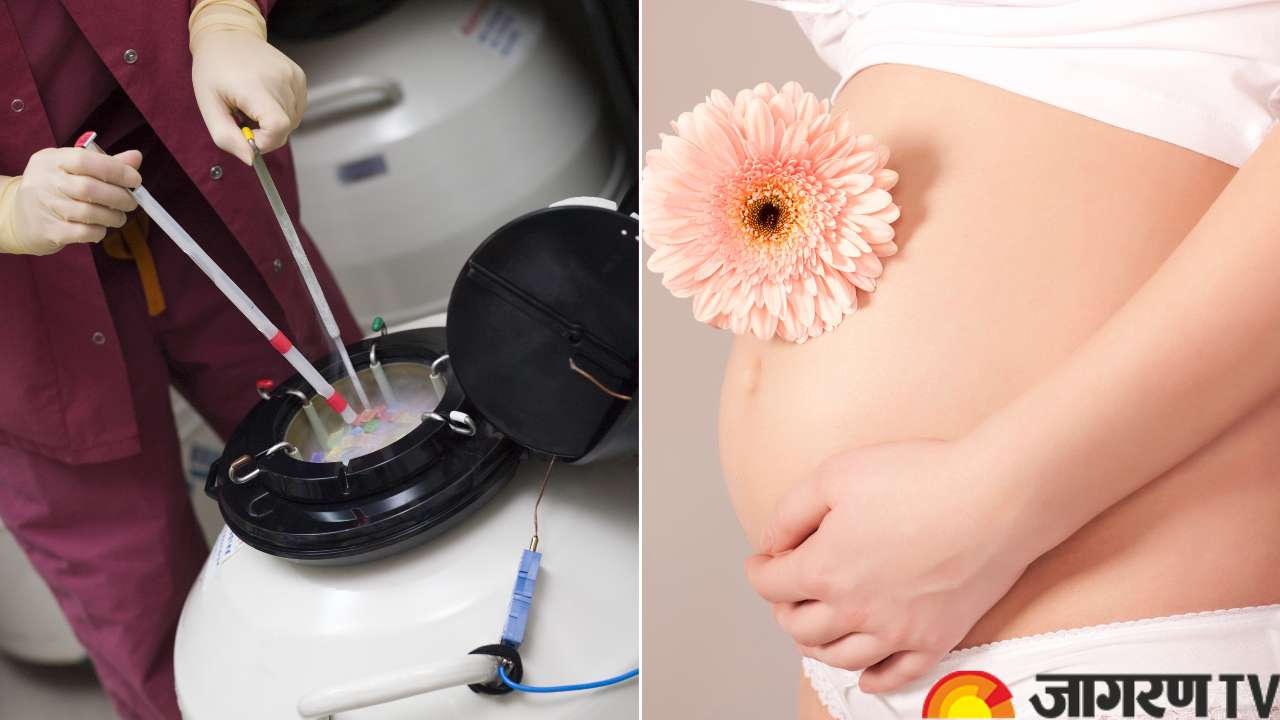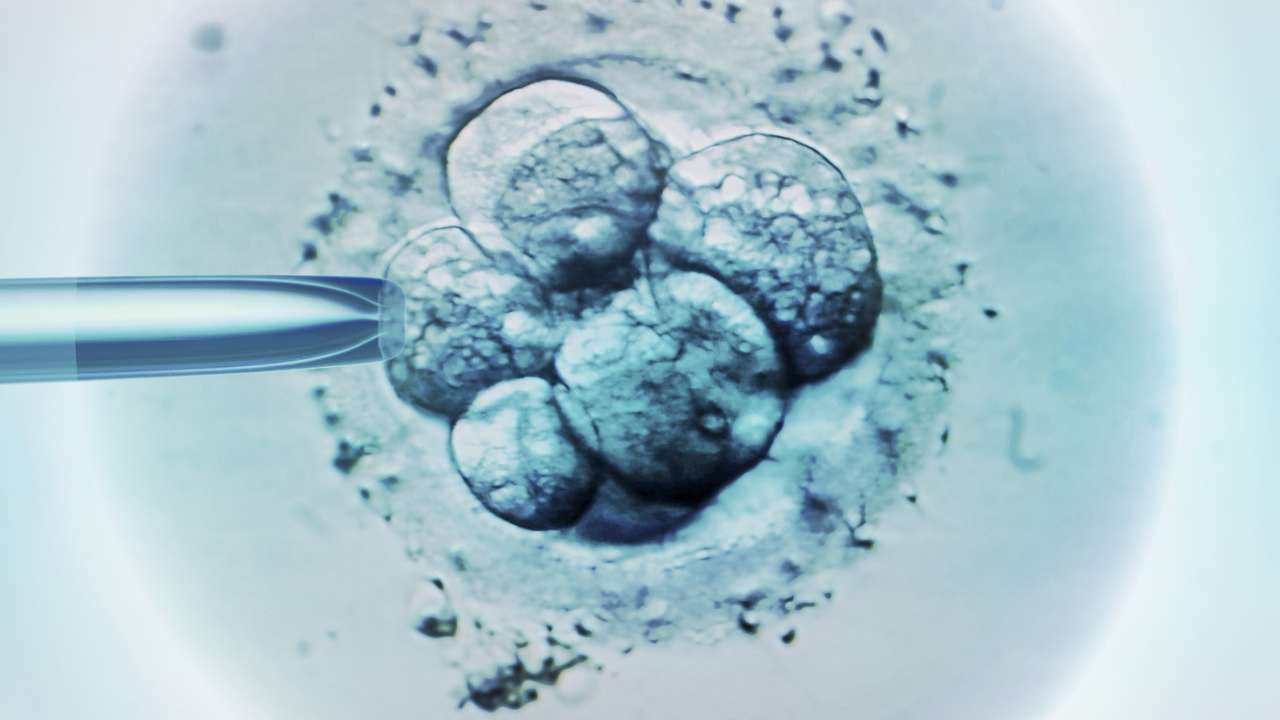Is Egg Freezing safe for female body? Know the definition, importance, side effects and more

In a recent interview, Global sensation Priyanka Chopra discussed many aspects of her life, from being cornered from Bollywood to her daughter Malti, she also talked about how Egg Freezing proved to be very vital for her. In today’s modern world, women are achieving so much in their lives and are becoming independent, just to break free from all the stereotypes they have been facing for centuries.
Some people may not wish to get pregnant before they are 35 to 40 years old. However, this is no longer an issue for women due to advancements in medical technology. The idea of egg freezing is the next major thing in assisted reproductive technologies after IVF. Let’s know what actually is egg freezing, its importance, whether are there any side effects, whether is it safe for the female body, and more.
What is Egg Freezing
Oocyte cryopreservation, often known as egg freezing, is a type of assisted reproductive technology (ART). Egg extraction from the woman’s ovaries is essentially the procedure of saving the eggs for later usage when she feels ready for conception and pregnancy. These frozen eggs are safe to use and have no deterioration in quality for up to ten years after freezing.
Egg Freezing process, timeline and storage
The woman is given hormone injections to raise her egg production to more than one egg each month. The eggs are extracted from the ovaries using a simple procedure. The eggs are then frozen and stored safely in the lab for future use. The full egg-freezing procedure should take between 2 and 3 weeks to complete, however, it may vary. The majority of cycles may be completed in less than two weeks.
To achieve the best outcomes, the stimulation of the ovaries to generate eggs is timed to coincide with your menstrual cycle. The ovaries are constantly examined during this procedure using ultrasounds and blood testing to evaluate hormone levels. The eggs can subsequently be frozen and joined with sperm to form an embryo. During an embryo transfer cycle, the embryo can then be put into the uterus.
Eventually, the mature eggs that were successfully recovered will be frozen through a procedure known as vitrification within a few hours of egg retrieval. This method depends on quick freezing using liquid nitrogen to reduce the possibility of ice crystals accumulating on the eggs, with the goal of increasing survival rates.
Why women opt for Egg Freezing?
Women may choose egg freezing for a variety of reasons. They do not want to have a kid right now but do not want to rule out the possibility of having a biological child. Women with cancer frequently choose to have their eggs frozen because chemotherapy and treatment impact their fertility.

Is Egg Freezing risky?
Egg freezing might instill false hope in women. While most women see egg freezing as a safety net, it does not necessarily guarantee pregnancy; frozen eggs are susceptible to harm during the cryofreezing procedure. In such circumstances, women will have to choose between IVF and alternative means of conception. While this is an uncommon occurrence, frozen eggs are susceptible to contamination during cryofreezing. Accidents during the egg retrieval process may cause blood vessels to rupture or intestinal injury in rare situations.
Some women may suffer cramps, bloating, and spotting after egg retrieval. Weight gain, bloating, mood swings, and headaches are among the other side effects. In rare situations, egg stimulation might result in ovarian hyperstimulation syndrome (HSS). HSS can cause discomfort, nausea, and a substantial weight gain of more than 10 pounds (lb) in 3-5 days. HSS may cause blood clots in the legs and shortness of breath in rare cases.
Eggs Freezing Cost
The process of freezing eggs may be expensive, and the majority of insurance policies do not cover it. One cycle may cost as much as $10,000 (approx 8 lakhs). IVF, which might cost an extra $5,000 (approx 4 lakhs), and egg storage are additional expenses. Moreover, there is no end to egg storage; a woman could not require the egg for 10–15 years. This implies that continuous storage expenses for eggs will only rise.









